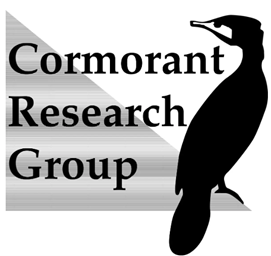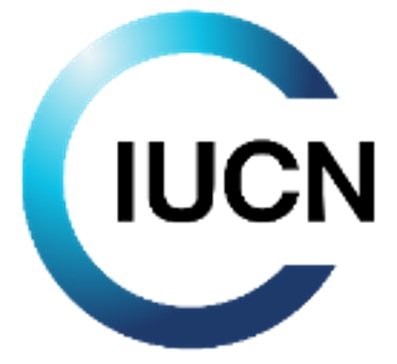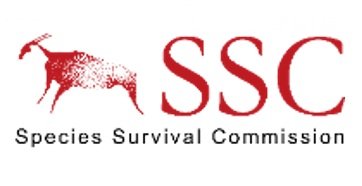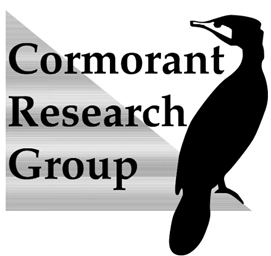# Cormorant2026 Ecology of Cormorants in a Changing World
Prague (Czechia), 3rd-6th February 2026
The 11th International Conference on Cormorants
Organised by the Cormorant Research Group / IUCN SSC Cormorant Specialist Group and the EU project ProtectFish.
Cormorant Conference
We warmly invite you to the upcoming Cormorant Research Group Conference in the Czech Republic, from Tuesday, 3rd February to Friday, 6th February 2026. We will gather at the Czech University of Life Sciences (Česká zemědělská universita, CZU) in the beautiful city of Prague (Czechia).
A rough outline of the topics that form the focus for the conference is given below. Details of the programme and accommodation are presented in other parts of this web page.
As an ornithological conference, we welcome research abstracts on all aspects of cormorant ecology – with a focus far beyond the single-issue of the damage and conflicts sometimes associated with the Great Cormorant.
Note that the conference fee will be covered by the project ‘ProtectFish’ - a research project under the ‘Horizon Europe Research & Innovation’ programme.
We, the Cormorant Research Group, would like to invite all researchers, students, and persons with a particular interest in Cormorants to attend the conference. That includes all those monitoring Cormorant populations and/or studying their ecology and ability to adapt to changes in fish populations, climatic conditions, predators, and human attempts to control numbers. We would also very much welcome participants who can provide knowledge from studies on Shags and other species of Cormorants (Phalacrocoracidae) other than the Great Cormorant.
The group has attempted to organise pan-European counts of breeding and wintering Great Cormorants at regular intervals. A pan-European count of breeding colonies is currently planned for the spring of 2027. We also intend to organise a pan-European count of wintering Cormorants in January 2027. We will use the conference to discuss these initiatives and how to achieve the best possible coverage throughout Europe and North Africa.
We also intend to use the conference to share new knowledge within the network and to support the provision of information to EU Member States about recent developments in Great Cormorant numbers and their distribution. The conference will also help improve the application of existing knowledge about the ecology and behaviour of Cormorants to making management decisions. We consider this as crucial, given that the call for an international management plan, e.g. controlling numbers, is again being considered.
The Cormorant Research Group
The IUCN SSC Cormorant Specialist Group (usually referred to as the Cormorant Research Group ‘CRG’) promotes the exchange of information on both ecology and biology of Cormorants. We also assist in providing knowledge of use in the ongoing attempts to resolve conflicts between cormorants and human fisheries’ interests.
Cormorants constitute an ecologically important group of species, as predatory species indicative of the ‘health and status’ of aquatic ecosystems of which they are a part, both freshwater and marine. Although the group is interested in all members of the cormorant Family, much of its interest has been around the Great Cormorant. The group has recorded the changing status, distribution, and general ecology of this species, particularly in north-western Europe, and has followed the expansion of the species across the continent and now encompasses much of the Western Palaearctic region. In parallel with the increase in Cormorants, there has also been an increase in concerns over the effects the birds might have on human interests, particularly recreational and commercial fisheries. Whilst our group has paid considerable attention to the issue of managing problems thought to be caused by this species, the focus of the group is always on rigorous research and fact-finding to improve ecological understanding, in terms of distribution and abundance, population dynamics, migratory movements, foraging behaviour, and diet. Of course, such scientific knowledge is vital when considering interactions with human interests, and to any discussions on conflicts with cormorants and how they might be alleviated.







Funded by the European Union. Views and opinions expressed are however those of the author(s) only and do not necessarily reflect those of the European Union or the European Research Executive Agency. Neither the European Union nor the granting authority can be held responsible for them.